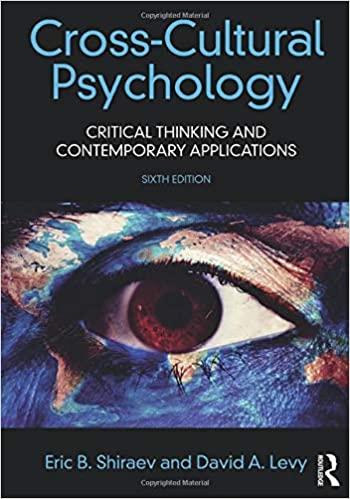Question
What to do: Last week you posted about your superhero power, be we are the Everyman. That means, we are the everyday people of the
What to do:
Last week you posted about your superhero power, be we are the "Everyman". That means, we are the everyday people of the world - and according to some, there are two types of people - the "Ubermensch" (which is German for "Superman") and the "Everyman".* We have begun this week exploring the literary "hero" (Ubermensch)- a person who is not endowed with crazy weird powers but who lives to their highest potential and overcomes evil to shine light into the world. Who are some popular culture examples? Harry Potter, Luke Skywalker, Frodo, Katniss Everdeen, etc. They were all "everymen" until they got pushed into responsibilities they didn't know they were prepared for or could do.
In this week's discussion post, I'd like you to explore two characteristics of a "hero" - no superpowers, no x-ray vision, no mutant abilities. Just a hero. A hero that would walk past you in the street - an everyday person.
*The expressions I'm using are from Friedrich Nietzsche, a German philosopher of the mid-1800s.
Step by Step Solution
There are 3 Steps involved in it
Step: 1

Get Instant Access to Expert-Tailored Solutions
See step-by-step solutions with expert insights and AI powered tools for academic success
Step: 2

Step: 3

Ace Your Homework with AI
Get the answers you need in no time with our AI-driven, step-by-step assistance
Get Started


